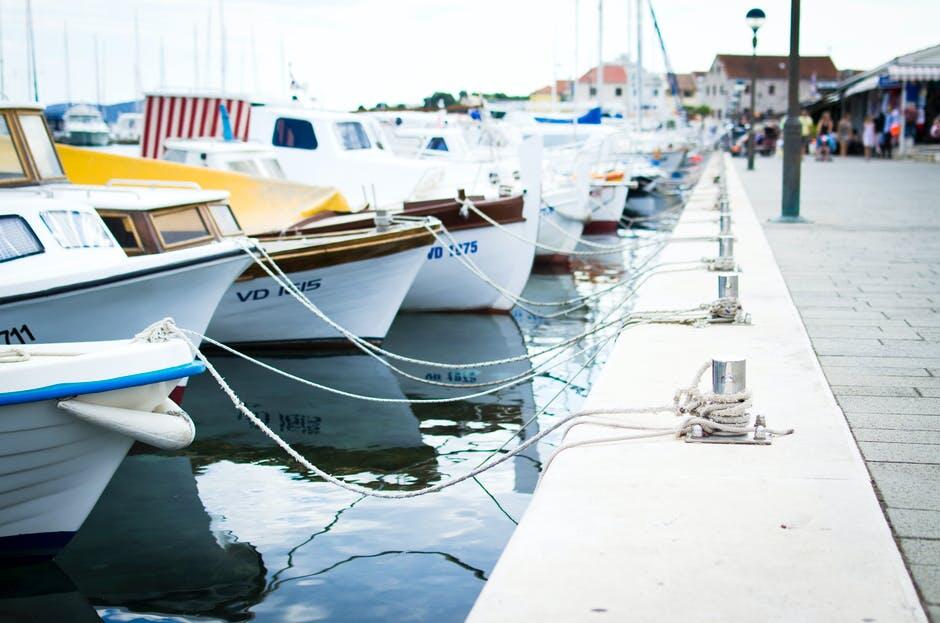Have you ever thought about what happens when a boat is hurt so badly that fixing it costs more than the boat is worth?
This is called Constructive Total Loss. Knowing what this means can help you make good choices if your boat gets damaged. It can also help you understand how insurance works in these cases.
Learning about Constructive Total Loss can keep you ready and safe with your boat. Want to find out more about how this works for boats? Keep reading to learn all you need to know.
Repair Costs Are Too High
Fixing a marine vessel can be very expensive, especially after serious damage. Sometimes, the cost to repair a boat goes beyond its current value. When this happens, it is often smarter to consider the boat a constructive total loss.
This means it is cheaper to replace the boat than to spend a lot on repairs. Repairing can take a long time and cost more than the boat is worth. Knowing this can help avoid wasting money on repairs that won’t add enough value.
By understanding when repair costs are too high, decisions can be made to save money and avoid more financial loss in the long run.
Boat Is Severely Damaged
A boat that has been badly damaged may no longer be safe to use or easy to fix. Damage from storms, collisions, or accidents can cause major problems to the structure and important parts of the vessel.
If the damage is too great, the boat might be declared a constructive total loss. This means repairing it is not practical or safe. Understanding this helps owners know what to expect if their boat reaches this point.
It is also important to learn what happens after declaring a constructive total loss so the right steps can be taken to handle the situation properly and move forward with the best options available.
Salvage Value Is Low
Sometimes, after a marine vessel is damaged, what remains of it has little value. This leftover value is called the salvage value. If the salvage value is much lower than the cost to fix the boat, the damage may be seen as a constructive total loss.
This means it is not worth repairing the vessel because the parts left are not valuable enough to cover repair costs. Knowing how low salvage value affects a boat can help understand the full impact of damage and the next steps to take.
Insurance Decision
The insurance company plays a key role in deciding if a marine vessel is a constructive total loss. After assessing the damage, they compare repair costs and the boat’s value.
If repair costs are too high or the boat is severely damaged, the insurer may declare a total loss. This decision affects how claims are handled and what compensation the owner receives.
Understanding the insurance decision process helps boat owners know what to expect and how their claim might be settled in these situations.
Know Your Options After Constructive Total Loss
Understanding how constructive total loss applies to marine vessels helps you stay prepared for tough situations. Knowing when repair costs are too high, how severe damage affects your boat, and what the insurance decision means can guide your next steps.
Being informed lets you make smart choices that protect your interests and handle losses smoothly. Stay aware of your options to manage challenges and keep control over your marine investments.
Did you find this article helpful? You can check out our website for more awesome content like this.







